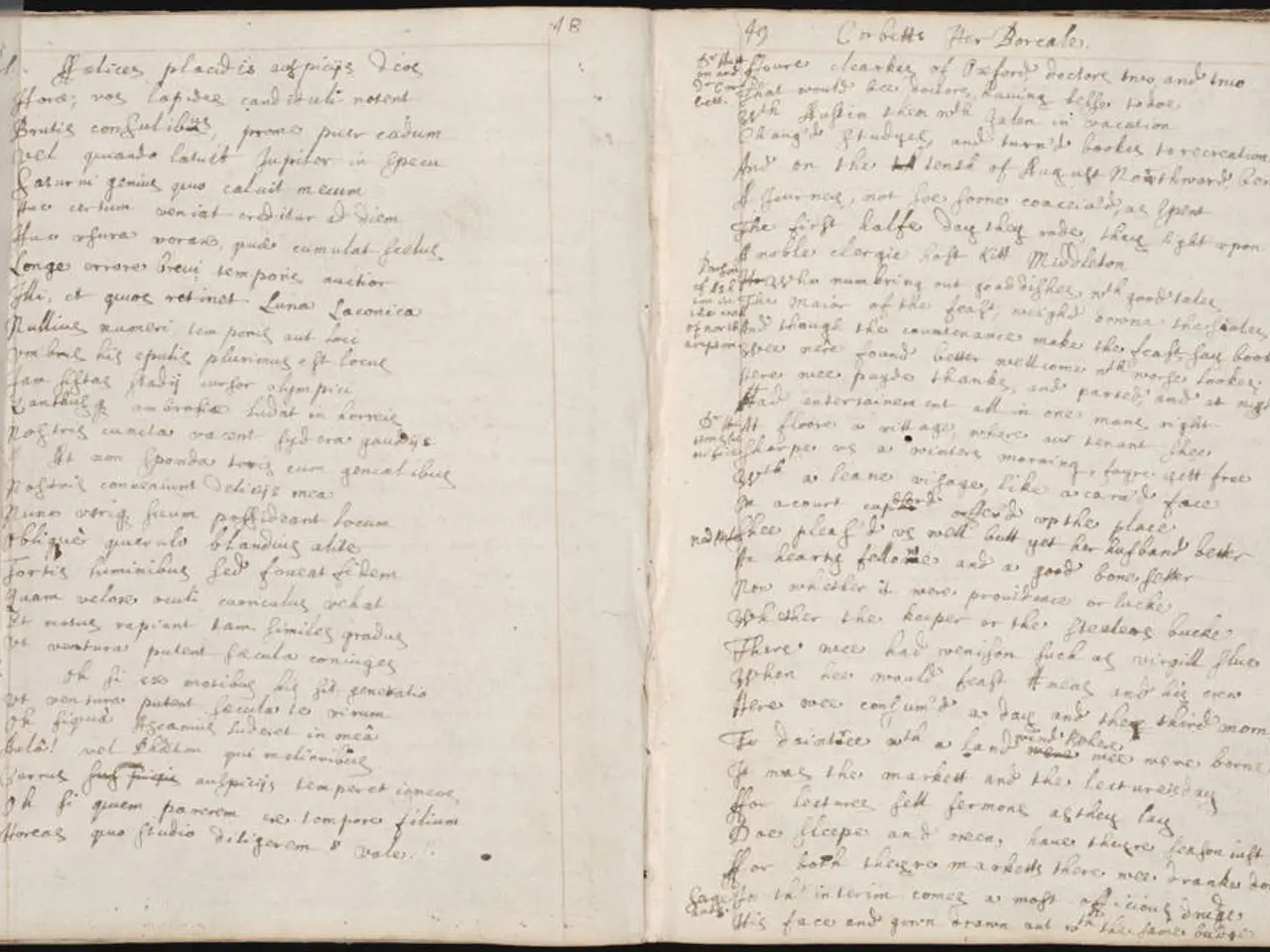Exploration of Indian Literature through the Lens of Orientalism, led by Vinay Dharwadker
In the realm of academia, the study of Indian literature has a long and complex history, shaped significantly by colonial scholars and the Orientalist movement. During the colonial period, Orientalism initiated Western scholarly interest in ancient Indian languages, texts, and culture. British scholars like William Jones and John Gilchrist laid the groundwork for the study of classical Indian literature, focusing on its philological aspects [1].
However, colonial scholars often disregarded oral traditions and regional literatures central to Indian culture, favouring Sanskrit texts that could be more easily aligned with Western academic paradigms [2]. This approach led to Orientalist readings of Indian literature that often reduced complex texts to oversimplified narratives, neglecting the richness of their cultural and spiritual significance [3].
Edward Said famously criticized the way Western academics and intellectuals portrayed Eastern societies in his book Orientalism (1978), highlighting the prejudiced and caricatured interpretations that sometimes resulted [4]. Despite these limitations, Orientalism helped introduce Indian studies to a Western academic framework, which has evolved critically over time.
Vinay Dharwadker, a prominent contemporary scholar, has contributed significantly to the field by critically engaging with Indian literary traditions from a postcolonial and cross-cultural perspective [5]. His work explores the intersections of Indian literature with global modernity, oral and written traditions, and the legacy of colonial and Orientalist scholarship. Dharwadker’s scholarship often re-examines Indian literary history beyond the Orientalist lens, emphasizing indigenous voices and the complexity of Indian literary forms in both classical and modern contexts.
Dharwadker is critical of the Western-dominated tradition of translating Indian texts, which often leads to the loss of cultural nuances, stylistic richness, and local meanings [6]. Instead, his translations are notable for preserving the aesthetic quality and cultural essence of original texts while making them accessible to readers outside India [7].
Postcolonial criticism sought to undo the legacy of colonial scholarship and to reframe the study of Indian literature within its own historical, cultural, and political contexts [8]. Dharwadker's work consistently addresses the historical impact of colonialism on Indian literature and critiques the colonial education systems that limited the scope of literary study [9].
Another important theme in Dharwadker's scholarship is the role of translation in shaping cultural identity and the global reception of Indian literature [10]. His writings inspire modern academics to go beyond conventional frameworks and to closely examine the historical, social, and political environments that have shaped Indian literature.
Dharwadker's work is crucial for anyone trying to comprehend the intricacies of Indian literary history and the current decolonization process in the field of cultural studies. His advocacy for a pluralistic approach to studying Indian literature, recognizing the diversity of languages, regional traditions, and literary forms within the country, offers a nuanced analysis of the impact of Orientalism on its interpretation.
References: [1] Chakrabarty, Dipesh. "Provincializing Europe." Princeton University Press, 2000. [2] Spivak, Gayatri Chakravorty. "A Critique of Postcolonial Reason: Toward a History of the Vanishing Present." Harvard University Press, 1999. [3] Dharwadker, Vinay. "Translating Cultures: Translation in South Asian Literature and Culture." Oxford University Press, 2003. [4] Said, Edward W. "Orientalism." Vintage Books, 1979. [5] Dharwadker, Vinay. "The Arts of Suspect Identities: South Asian Diasporic Aesthetics." Oxford University Press, 2008. [6] Dharwadker, Vinay. "Translation and Cultural Identity in South Asia." Oxford University Press, 2003. [7] Dharwadker, Vinay. "The Postcolonial Politics of Translation: Translating India into English." Oxford University Press, 2011. [8] Ashcroft, Bill, Gareth Griffiths, and Helen Tiffin. "The Empire Writes Back: Theory and Practice in Post-Colonial Literatures." Routledge, 1989. [9] Dharwadker, Vinay. "The Politics of Cultural Nationalism in India." Oxford University Press, 1993. [10] Dharwadker, Vinay. "The Poetics of Indian Diaspora: Theory, Cultural Politics, and Transnational Identities." Oxford University Press, 2005.
- Vinay Dharwadker's scholarship critiques the Western-dominated tradition of translating Indian texts, as it often leads to the loss of cultural nuances, stylistic richness, and local meanings.
- Postcolonial criticism seeks to reframe the study of Indian literature within its own historical, cultural, and political contexts, a goal shared by Dharwadker's work.
- Dharwadker's translations of Indian literature preserve the aesthetic quality and cultural essence of original texts, making them accessible to readers outside India.
- Dharwadker's work emphasizes the importance of recognizing the diversity of languages, regional traditions, and literary forms within India, and exploring the intersections of Indian literature with global modernity, oral and written traditions, and the legacy of colonial and Orientalist scholarship.




